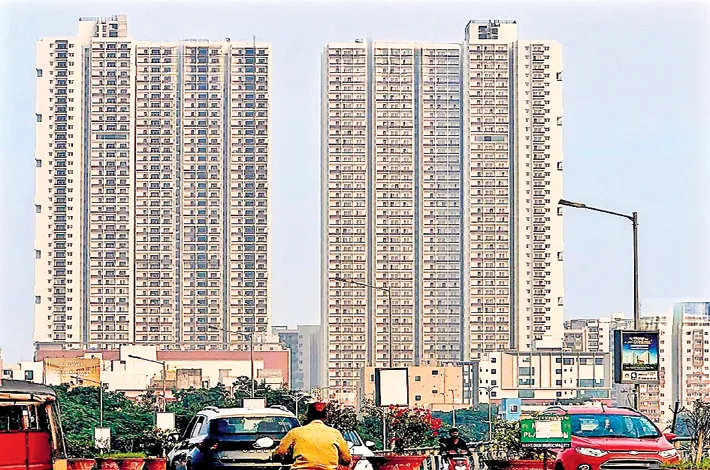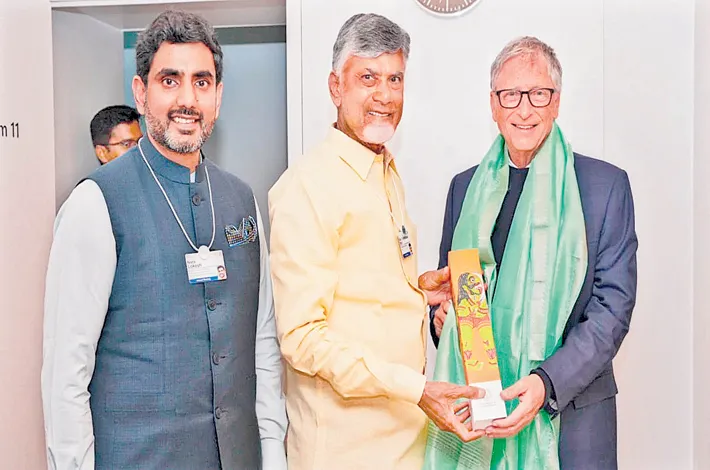HMDA records Rs.1,225 crore revenue in nine months
22-10-2025 12:00:00 AM

Metro India News | Hyderabad
The Hyderabad Metropolitan Development Authority (HMDA) has registered record-breaking financial growth, collecting Rs.1,225 crore in permit fees during the first nine months of 2025 — a 245% increase over Rs.355 crore in 2024 and an 82% rise from Rs.674 crore in 2023. In September 2025 alone, revenue touched Rs.132 crore, marking a 263% jump from the same month last year.
HMDA’s improved performance is the result of updated processes, regular monitoring, and the use of digital tracking systems, which have helped streamline approvals, maintain accountability, and provide a smoother experience for applicants.
Between January and September 2025, HMDA disposed of 6,079 applications, recording a 49% increase over 2024 and 36% over 2023. Building permission applications reached 2,961, up by 18%, with 2,904 approvals — a 47% rise from last year. Pendency of files beyond 30 days has dropped below 2% due to daily monitoring and categorization of pending cases, ensuring timely clearance.
The Multi-Storied Building (MSB) segment contributed significantly to this financial upswing. In the first nine months of 2025, HMDA sanctioned 77 MSB applications, covering a built-up area of 78.71 lakh square meters and earning Rs.514 crore. This is more than double the figures from 2023, when 55 projects generated Rs.215 crore. Major approvals at Kokapet and Bandlaguda Jagir are reshaping Hyderabad’s skyline with high-rise towers ranging from 30 to 63 floors.
Layout permissions for open plots spanned 2,862 acres — a 512% rise over 2024 — while housing layouts covered 38.24 lakh sq.m, marking a 186% increase. Building permissions accounted for 88.15 lakh sq.m of approved space, up 239% from 2024.
Metropolitan Commissioner Sarfaraz Ahmad said that these results reflect Hyderabad’s rapid urban progress, supported by transparent procedures and proactive leadership. HMDA’s success, he noted, showcases how accountability and innovation can power metropolitan transformation.








